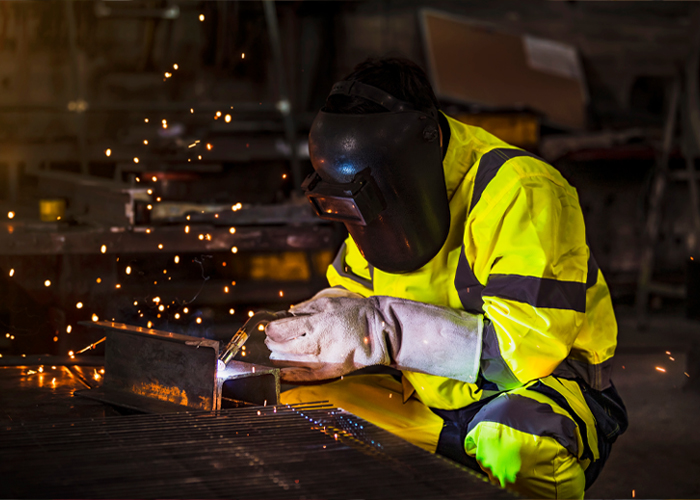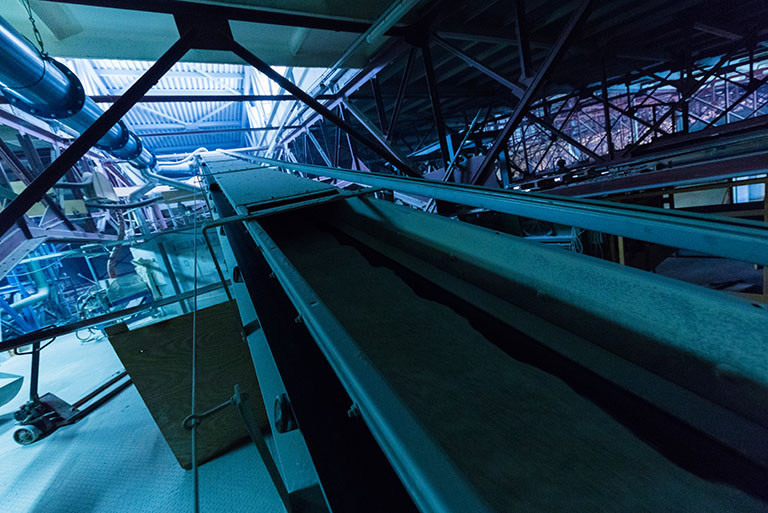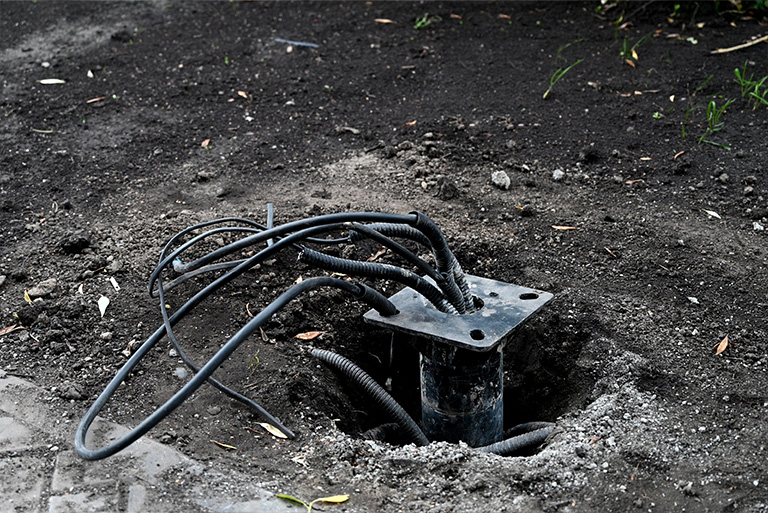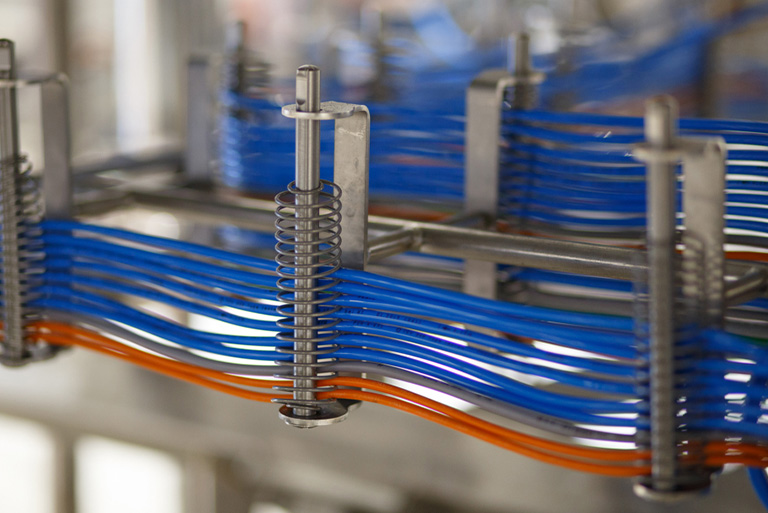
In Nigeria, as in many economies around the world, infrastructure plays a crucial role in driving economic growth and development. However, maintaining and sustaining these facilities pose significant challenges. One effective strategy that can positively impact the Nigerian economy is preventive maintenance. In this article, we’ll explore how we think preventive maintenance in Nigerian facilities can drive unthinkable economic growth and significantly contribute to the nation’s development.
Reliability and Elevated Productivity:
Well-maintained facilities are more reliable and efficient, leading to increased productivity across various industries. In Nigeria, where interruptions in services and operations are common, implementing preventive maintenance modules like condition monitoring and asset performance management suites will serve to invariably enhance planned and preventive maintenance.
Extended Asset Lifespan:
Effective preventive maintenance prolongs the lifespan of facility assets, maximizing their return on investment. In this part of the world, where infrastructure development is a priority, extending the lifespan of existing facilities reduces the need for costly replacements or new constructions. This conservation of resources enables the government and private sector to allocate funds to other critical areas such as education, healthcare, and social welfare.
Cost Savings and Efficiency:
Preventive maintenance helps identify and address potential issues before they escalate into costly repairs or downtime. By constantly conducting regular inspections, or automated monitoring, routine servicing, and repairs, we believe facilities can minimize unexpected breakdowns, reduce repair costs, thereby reducing downtime and optimizing operational efficiency. The cost savings accrued can be reinvested into other delicate areas of the economy which can eventually fuel further growth and development.

Enhanced Safety and Sustainability:
Preventive maintenance not only addresses equipment reliability but also ensures the safety and sustainability of facilities. Regular inspections alongside continuous monitoring and maintenance activities mitigate risks associated with equipment failures, accidents, and environmental hazards. By prioritizing safety and sustainability, facilities can attract investment, comply with regulatory requirements, and contribute to long-term economic stability.
Job Creation and Skills Development:
In this part of the world, constant job creation is essential. The implementation of preventive maintenance programs creates employment opportunities and fosters skill development within the workforce. Skilled technicians and engineers are essential for executing preventive maintenance tasks effectively. By investing in training and capacity building, facilities can empower local talent, create jobs, and contribute to human capital development.
Conclusion:
It is imperative to note the power preventive maintenance holds, it has the immense potential to drive economic growth and development within Nigeria. By implementing proactive maintenance strategies, facilities stand to benefit positively and immensely.. As we continue to strive for economic advancement, investing in preventive maintenance emerges as a critical component in achieving sustainable growth and prosperity.
Here is a quick reminder that CaTS is a trusted partner for delivering advanced technical solutions to industries across diverse sectors. We offer an array of innovative solutions ranging from condition monitoring, conceptualization, designing, installation, commissioning, maintenance, and overhaul of industrial systems and processes.Contact us today for your free consultation or project needs.





